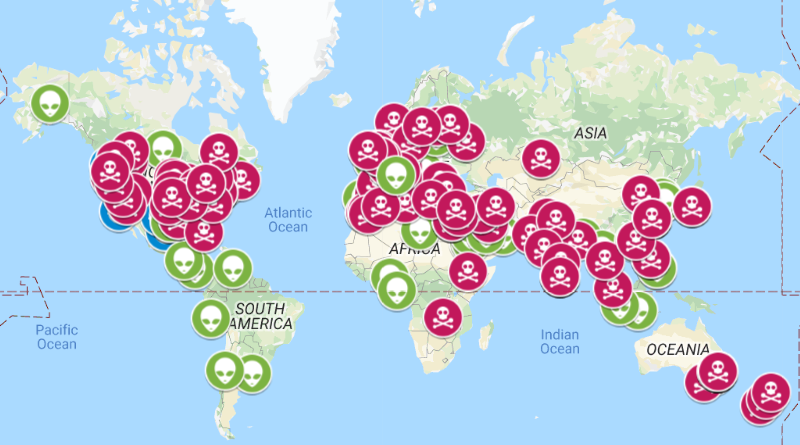
The Opposition parties in India had strongly criticised the Narendra Modi Government in New Delhi for allowing a European Union (EU) delegation to visit northern province of Kashmir in the month of October. Now, a Brussels-based Voluntary Oganisation – EU DisinfoLab – has claimed that the NGO, which arranged the visit, has close contacts with some dormant Companies and fake Media Outlets promoting India’s diplomatic interests! The disinformation watchdog has also claimed that it listed 265 such fake media outlets across 65 countries…
In its latest report, the EU DisinfoLab has stated that these sites are named after some local newspapers that are either closed or not so popular. They usually republish news that have already been published in frontline American and African broadsheets in order to gain credibility. And, in the op-eds section, these sites publish propaganda pieces, promoting India’s geopolitical interests.

The EU DisinfoLab further revealed that a site, EP Today, was being managed by Indian stakeholders, as it had close links with a huge interweb of think tanks, NGOs, and some zombie companies from one Srivastava Group. It stated: “We also found that the IP address of the Srivastava Group is also home to the obscure online media ‘New Delhi Times’ and the International Institute for Non-Aligned Studies (IINS), which are all based at the same address in New Delhi, India.” Interestingly, the IINS has borne the expenditure of the three-day visit to Kashmir by a 30-member European Parliament delegation in October!
This is the first time when a wide and sophisticated Indian online propaganda network has been busted! Various Indian political parties have adopted such strategies in recent times in an attempt to make electoral gains. Prime Minister Modi’s own Bharatiya Janata Party (BJP) has been accused of weaponising the social media to promote its views and policies, and also to expand its support base in the South Asian nation. The Indian ruling party has, thus, often fed newsfeeds of mainstream media networks, providing them with some legitimacy. Later, the new items return to the social media platforms, helping the Government promote its own ideas among people…
